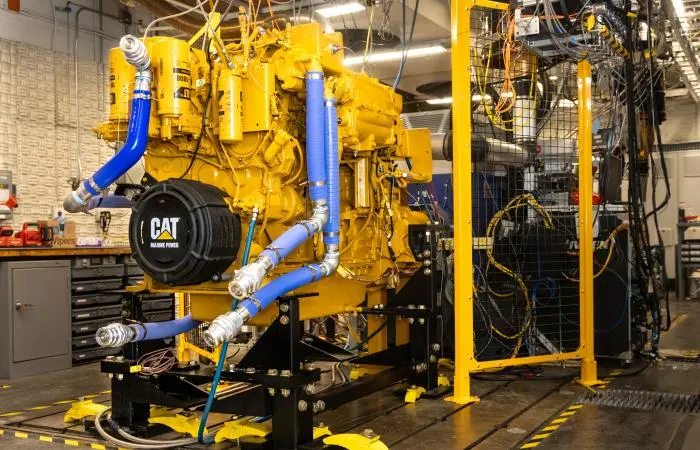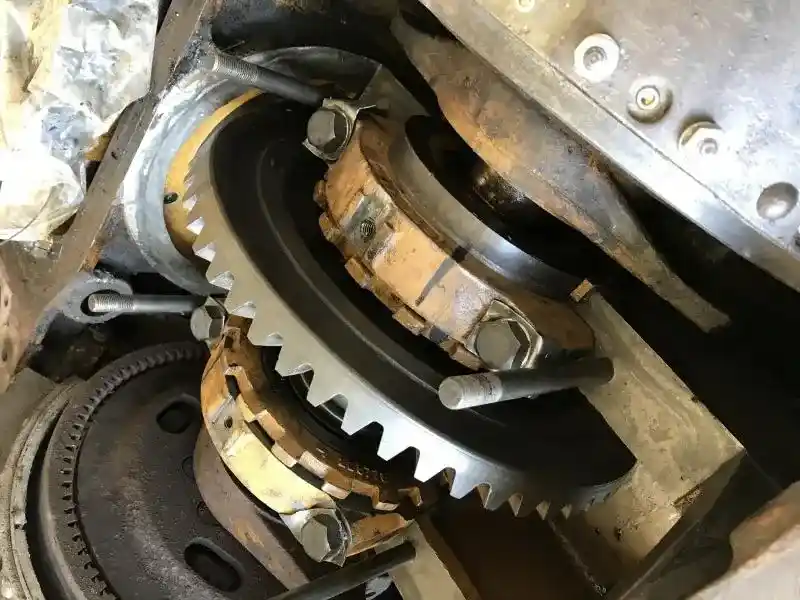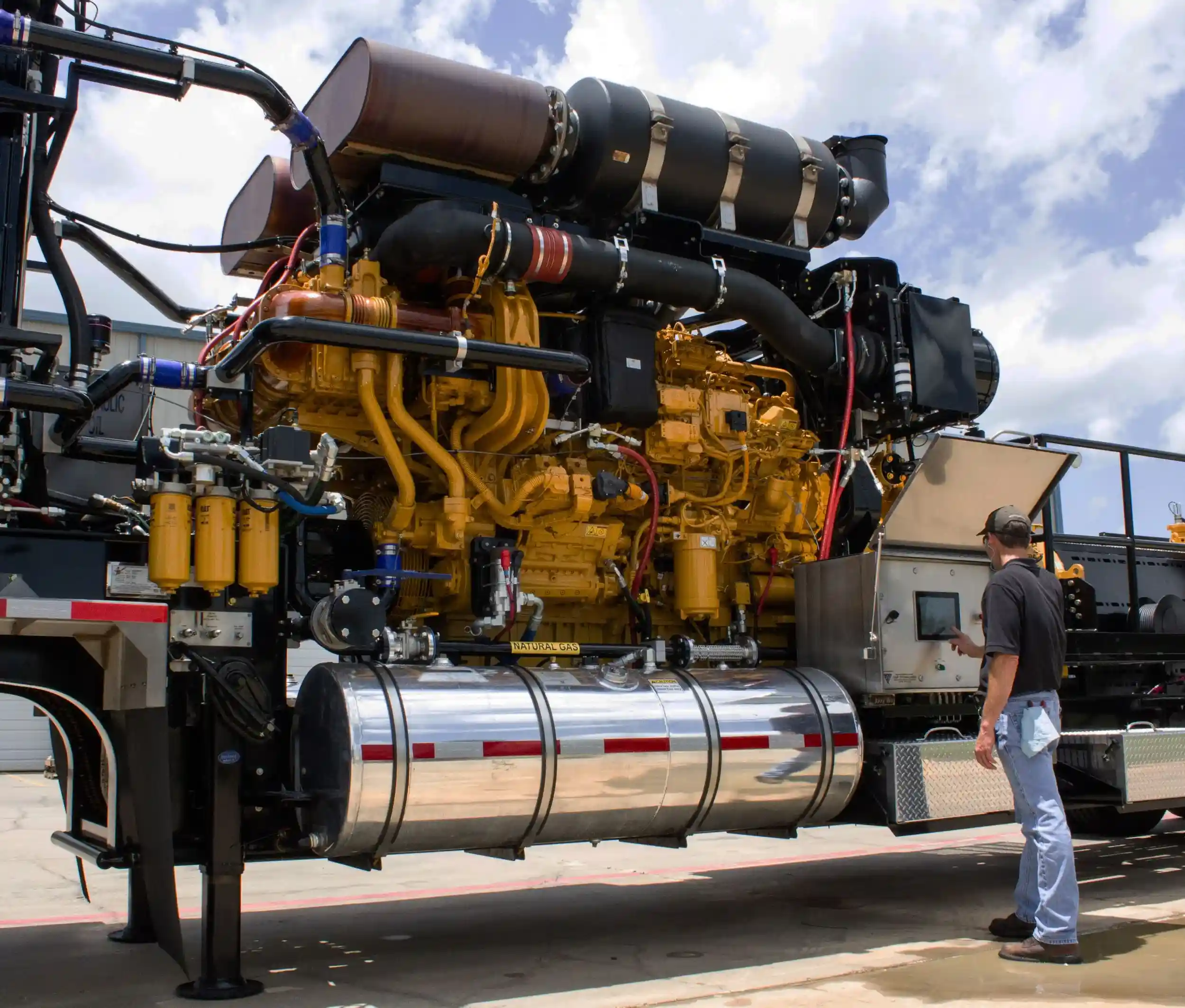Diesel Is the Secret Behind Heavy Equipment Power: Here’s Why!
Introduction
Behind the reliable and efficient performance of heavy equipment, diesel is the unbeatable source of power. Diesel fuel powers a wide range of machines, including heavy vehicles like excavators, bulldozers, and dump trucks, essential for industries such as mining, construction, and manufacturing.
In this article, we will explore what diesel is, why it is crucial for heavy equipment, and the necessary maintenance steps to ensure optimal performance. We will also discuss common diesel-related problems that occur in the field and how to handle them effectively.

Diesel: Functions and Uses in Heavy Equipment
Diesel is a specially designed fuel that provides the immense power required by heavy machinery. Diesel’s primary functions in heavy equipment engines include:
- High Power Output: Diesel engines provide high torque at low RPMs, ideal for heavy equipment that needs strong lifting and pushing capabilities.
- Fuel Efficiency: Diesel engines are more fuel-efficient than gasoline engines, making them the preferred choice for long industrial operations.
Common diesel-powered heavy equipment includes:
- Excavators: Used for digging and moving heavy materials.
- Dump Trucks: Transporting large amounts of materials at mining or construction sites.
- Bulldozers: Assisting with soil compaction and leveling at construction areas.
Diesel Engine Maintenance
To ensure heavy equipment powered by diesel operates optimally, regular maintenance is essential. Some tips for diesel engine care include:
- Fuel filter replacement: Regularly changing the fuel filter helps keep the fuel system clean.
- Oil checks: Routine oil inspections and replacements maintain engine performance.
- Cooling system maintenance: Ensuring the cooling system is functioning well prevents engine overheating.

Common Diesel Engine Problems in the Field
Over time, diesel engines in heavy equipment may experience issues that need immediate attention. Common problems include:
- Overheating: Caused by heavy workloads or lack of cooling system maintenance.
- Fuel leaks: Often occurring at pipe connections or fuel injectors.
- Clogged injection system: Resulting in reduced engine performance or stalling.
Initial Handling of Diesel Issues
When diesel engine problems arise in the field, initial steps include:
- Stopping operations and identifying the source of overheating.
- Inspecting and tightening fuel connections in case of leaks.
- Cleaning or replacing clogged injectors to restore normal engine function.

